
views
New Delhi: A three-judge bench of the Supreme Court on Wednesday unanimously dismissed the government’s objections regarding ‘classified’ documents in the public domain which had raised several questions over the Rafale fighter jets deal.
The bench headed by Chief Justice of India Ranjan Gogoi, decided that the apex court would go ahead with the hearing of the review petitions in the light of new documents cited by petitioners alleging wrong-doing in the Rafale deal. The top court further said that the petitions would be decided on merits.
A series of investigative articles published by The Hindu on the Rafale case formed the basis of the documents which would now be looked into by the Supreme Court. Here is the list of documents and the contents they carry.
A document that The Hindu procured showed that Prime Minister Narendra Modi’s decision to buy 36 Rafale fighter jets from France instead of the 126 asked by the Indian Air Force for seven squadrons pushed the price of each fully-fitted, combat-ready aircraft up by 41.42%.
It was the NDA government’s acceptance of €1.3 billion cost claimed for the ‘design and development’ of 13 India Specific Enhancements (ISE), and the distribution of this ‘non-recurring cost’ over 36 instead of 126 bare-bones aircraft, that was cited as the major reason for the big increase in price.
Another document showing the soaring costs of the Rafale jets will also be examined. The Hindu reported that Dassault claimed a €1.4 billion for the ‘design and development’ of 13 India Specific Enhancements, that is, additional capabilities in the form of hardware as well as software that had been specified by the Indian Air Force all along, and this amount was negotiated down to €1.3 billion. It meant that the design and development cost shot up from €11.11 million per aircraft in 2007 to €36.11 million when the deal was struck in 2016.
Further, The Hindu had also reported that three senior Defence Ministry officials on the seven-member Indian Negotiating Team objected to €1.3 billion amount charged by Dassault Aviation for executing the India Specific Enhancements on the 36 Rafale fighter jets.
The Supreme Court will also examine documents which show that various aspects of the government-backed proposal for the procurement of 36 Rafale jet were presented or referred back to the Defence Acquisition Council on five separate occasions between August, 2015 and July, 2016.
Moreover, The Hindu had reported that there is no reference of any further role of the DAC headed by Defence Minister Manohar Parrikar in the government notes. The DAC was empowered to take a decision under the Defence Procurement Procedure, but Mr. Parrikar shied away from his responsibility and “progressed” the matter, in other words, passed the buck, to the Cabinet Committee on Security, as recommended by the INT chairman.
Another document suggests that the €7.87-billion Rafale deal between India and France involved major and unprecedented concessions from the Indian government with critical provisions for anti-corruption penalties and making payments through an escrow account dropped days before the signing of the inter-governmental agreement (IGA).
The newspaper further reported that the official documents revealed that the DAC, chaired by Parrikar, met in September’ 16, and “ratified and approved” eight changes in the IGA, supply protocols, offset contracts and offset schedules.
Besides, the Defence Ministry note, which was dated November 24, 2015, cited as “a glaring example” how the parallel negotiations had undercut “the position taken by the MoD and conveyed to the INT that the commercial offer should be preferably backed by Sovereign/Government Guarantee or otherwise by Bank Guarantees.”
A document also suggested that the then Defence Secretary, G. Mohan Kumar, who now says “there were no parallel negotiations” and that the Rafale deal was negotiated in the “most transparent way”, had endorsed the protest note in his own hand on November 24, 2015: “RM may pl. see. It is desirable that such discussions be avoided by the PMO as it undermines our negotiating position seriously.”
Then, three senior Defence Ministry officials who were the domain experts on the seven-member Indian Negotiating Team (INT) came to a well-substantiated and clear conclusion that the Narendra Modi government’s new Rafale deal for 36 flyaway aircraft was not on “better terms” than the offer made by Dassault Aviation during the procurement process for 126 aircraft under the United Progressive Alliance government. They also concluded that the delivery schedule of even the first 18 of the 36 jets in the new deal was slower than the one offered for the 18 aircraft in the original procurement process.
In its final report, submitted to the Defence Ministry on July 21, 2016, the INT estimated the cost of loading bank guarantees, which the French commercial suppliers with backing from the French government refused, as €574 million. This made the €7.87 billion inter-governmental agreement signed on September 23, 2016 by the NDA government for the aircraft and weapons packages for the 36 fly-away Rafale fighter jets more expensive by €246.11 million than the estimated aligned cost of the Rafale aircraft deal initiated by the UPA.
The Cabinet Committee on Security (CCS) headed by Prime Minister Narendra Modi gave exceptional and unprecedented waivers to M/s Dassault Aviation and M/s MBDA in the offset contracts they signed with the Indian government on September 23, 2016 as part of the €7.87 billion Rafale deal. These waivers, granted on August 24, 2016 at the highest level of political decision-making, were exemptions given to the two private French companies from having to comply with provisions of the Standard Contract Document of the Defence Procurement Procedure, DPP-2013.












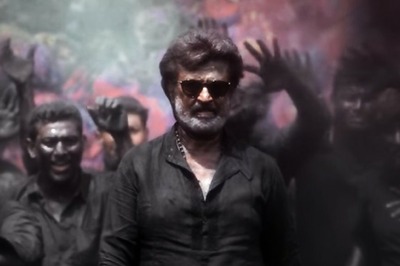
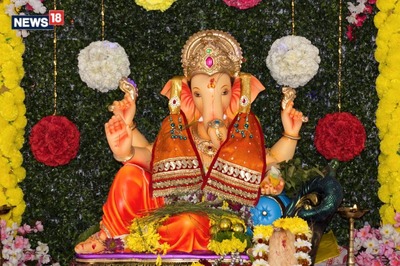
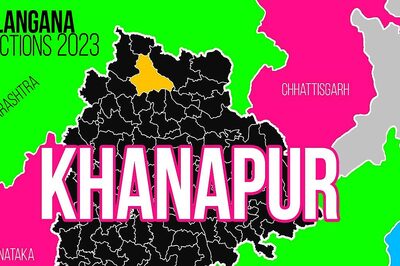
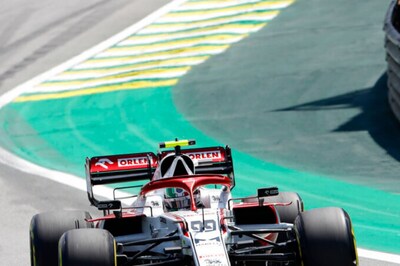

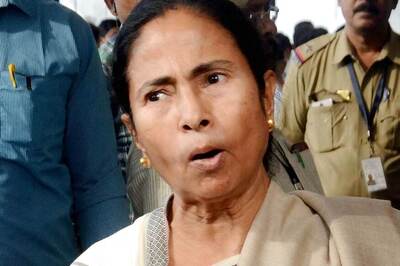


Comments
0 comment